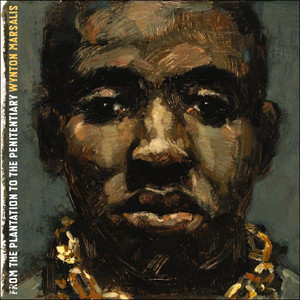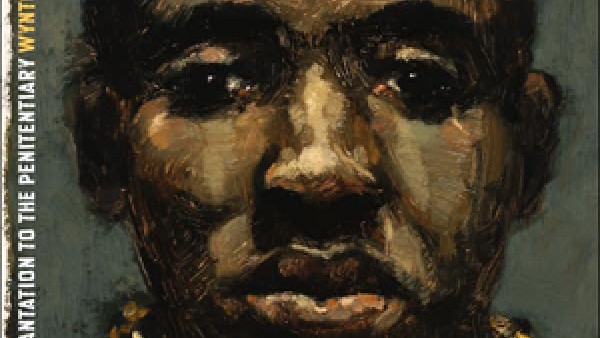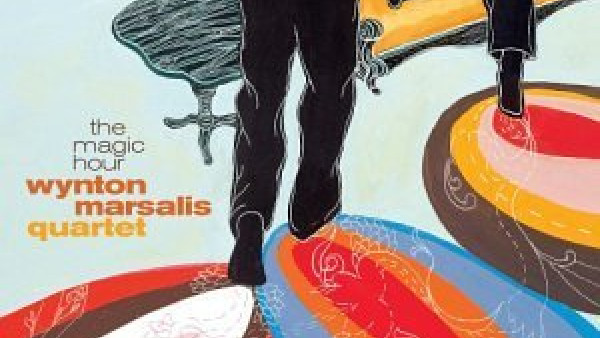Marsalis hits the high notes in small-group show
“If I see something and you see something, it’s there,” explained trumpeter Wynton Marsalis Saturday, during his richly satisfying show at the Paramount Theatre. “And if it’s there, we’re both there, too. So there’s no ‘they.’ That’s why [this tune] is called ‘Find Me.’ “
That odd logic, which Marsalis used in describing the title of an art song inspired by homeless people, might well serve as a metaphor for his unusual development as a musician. For after many years of probing the history of jazz — what’s already there — the 45-year-old bandleader, composer and Artistic Director of Jazz at Lincoln Center, has clearly put something new in the picture — by finding himself.
In his first small-group performance in Seattle in more than a decade, Marsalis presented modern jazz re-imagined as an interactive, composerly ensemble music. With the buoyant dance feel of a New Orleans street parade never far away, and the percussive texture of the rhythm section a full partner, Marsalis played a virtuoso set full of sonic and melodic surprise, sudden splashes of humor and velocity change-ups worthy of the World Series pitchers on the mound this week.
The handsome, barrel-chested trumpet player performed a two-set, 2 ½-hour concert to a near-full house, with a quintet plucked from his Jazz at Lincoln Center Orchestra: Dan Nimmer (piano), Carlos Enriquez (bass), Ali Jackson (drums) and Walter Blanding Jr. (reeds).
Young vocalist Jennifer Sanon, with a stunningly beautiful sound and natural delivery (though stiff stage presence), joined them for three numbers, including “Find Me.”
Nimmer was particularly impressive, ringing thick, spicy chords and rich tremolos from the keyboard on “The Magic Hour,” sprinkling sequins over Marsalis’ whistling — yes, whistling — on a composition evoking the fife-and-drum feel of the Revolutionary War, and zipping through tough staccato passages on “A Clear Day You Can See Forever.”
Marsalis’ most welcome qualities as a soloist have been his reintroduction of the impolite noises of traditional jazz — blats, burbles, muted squeaks and slides — and a rhythmically diverse approach to phrasing.
Both were in evidence on his opener, the four-part composition, “The Magic Hour,” inspired by the frenetic period right before kids go to bed. Starting with a bumblebee buzz, Marsalis moved to glissandos that dipped and rose in eccentric parabolas, then sang a 3 a.m. romance through his horn — strictly for grown-ups.
The band concluded with a mid-tempo blues featuring Blanding’s rich-toned clarinet and answered a standing ovation with a dapper “Bye Bye Blackbird,” featuring Sanon.
by Paul de Barros
Source: Seattle Times



